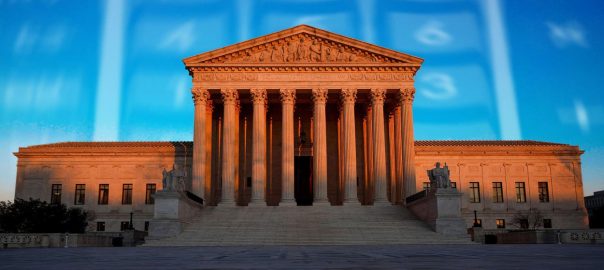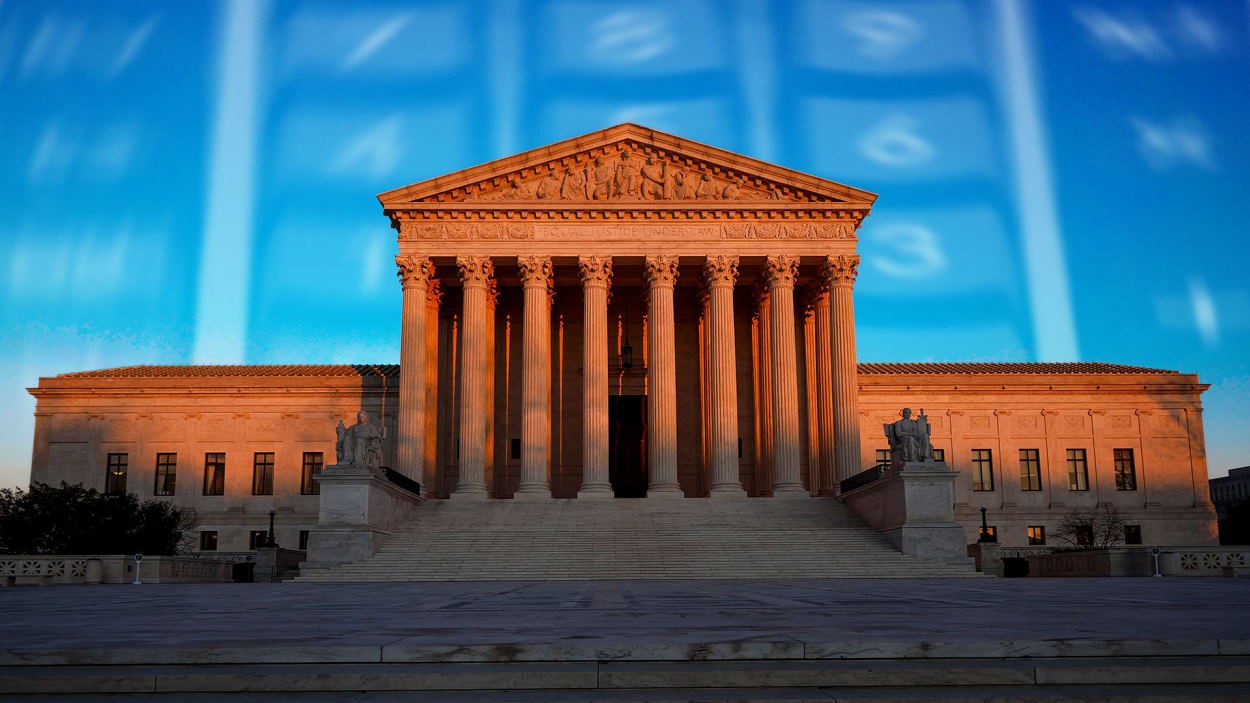With consequential Supreme Court rulings on topics like abortion and voting rights in recent years, Americans may be forgiven if their interest isn’t exactly piqued by a legal battle concerning the tax code. But a case currently in front of the high court, although it has largely flown under the radar, has huge implications: It could rewrite parts of the tax code, and nix any hopes for the introduction of a “wealth tax” in the future.
This week, the Supreme Court will hear arguments pertaining to Moore v. United States, a case that centers on a question about the 16th Amendment. That amendment, ratified in 1913, concerns income taxes and says that “Congress shall have power to lay and collect taxes on incomes, from whatever source derived, without appointment among the several States, and without regard to any census or enumeration.”
The case itself was brought by plaintiffs Charles and Kathleen Moore and, at its core, tests whether income needs to be realized in order to be taxable. In other words, it’s a question as to whether the government has the power to tax unrealized income, or money that has yet to “come in” or hit someone’s bank account.
Here’s a breakdown of the case, point by point:
The implications
In short, the argument is this: Income needs to be realized before it can be taxed. Two lower courts disagreed, and now, the Supreme Court will weigh in.
If the Supreme Court finds in favor of the Moores, it could stymie efforts by Congress to levy new taxes. For instance, Democrats have proposed a so-called wealth tax, and the Biden administration has even called for a “billionaire minimum income tax”—both of which could be unconstitutional if the court rules for the Moores.
Effectively, it would change how a large portion of the existing tax code is enforced, and could lead to huge losses in tax revenue for the federal government. Paul Ryan, a former Republican Speaker of the House, even noted earlier this year that “a lot of the tax code would be unconstitutional” in the event that the Moores win the case, per CNN.
As such, it’s difficult to try and grasp the true fallout if the Moores’ suit prevails—that’s what makes it such an important case, despite its relatively mundane nature concerning a lesser talked-about constitutional amendment.
(8)









